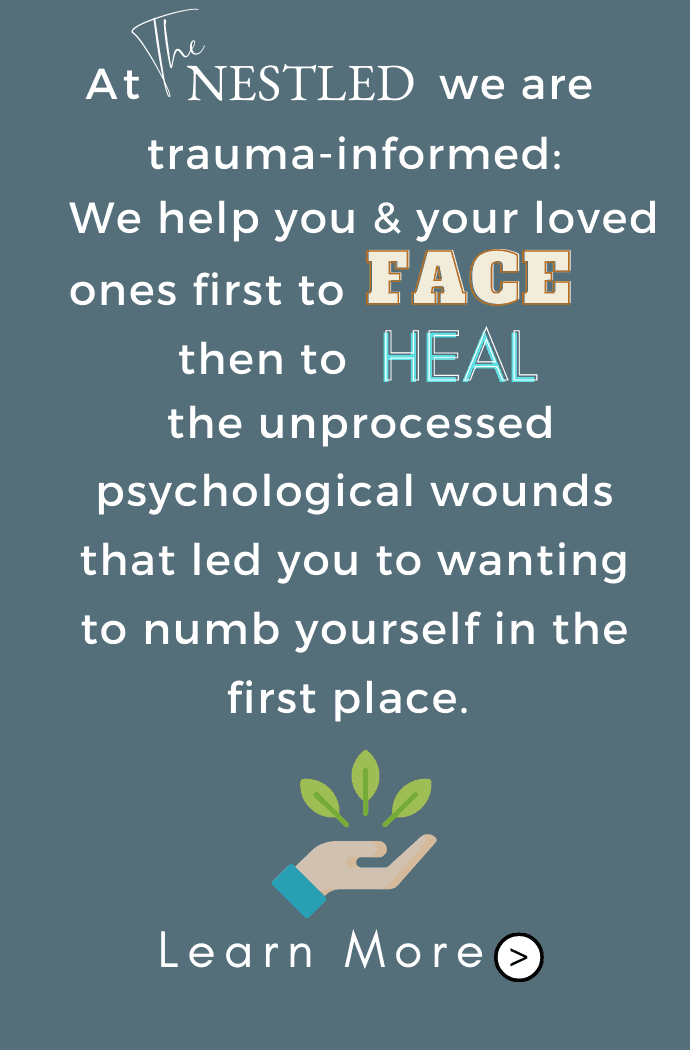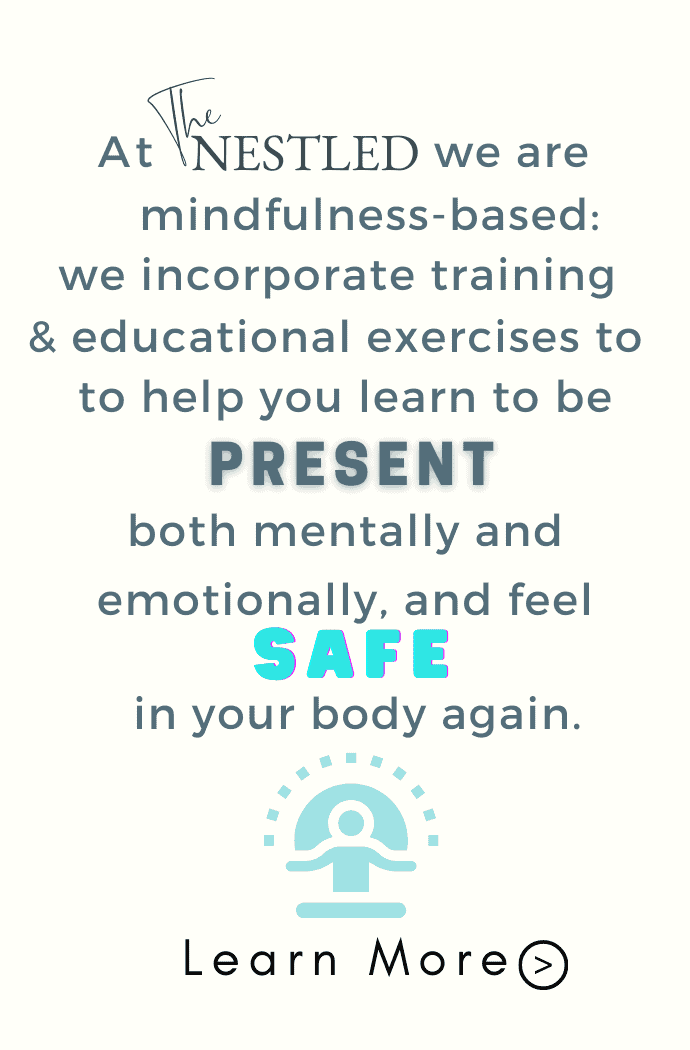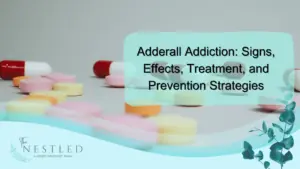Medication-assisted treatment is often used in addiction rehab programs alongside other therapies, and for good reason. Substance abuse wreaks havoc on the body’s natural healing abilities, making it almost impossible to detox without mild to severe withdrawal symptoms. Once someone has developed a dependency on drugs or alcohol, they require more of the substance to feel normal, despite the damage to their life and overall well-being. As a result, the longer someone has been taking a substance, the more dangerous it becomes to detox without the help of medication, making medication-assisted treatment a necessary and life-saving therapy for many people.
What Is Medication-Assisted Treatment?
Also known as MAT, medication-assisted treatment is used to help people who are addicted to opiates such as heroin, oxycodone, and fentanyl. Opiates are extremely addictive and dangerous, making it crucial for there to be a safe way to transition people off them. The medically prescribed use of other opiates, such as methadone, suboxone, and naltrexone are used to help reduce cravings for stronger opiates, though they each have a specific use and must almost always be used in an in-patient setting that allows for close supervision of the detox and withdrawal process. Medication-assisted treatment can also be used to treat alcoholism and other substance use disorders, depending on the needs of each individual.
Medication-Assisted Treatment To Combat The Opioid Crisis
Opioid abuse is widespread in the United States, affecting people from all walks of life. Some of the most commonly abused opioids include prescription opioids such as morphine, Vicodin, and codeine, and illicit opioids such as heroin and fentanyl.
Here are some statistics from recent studies on the U.S opioid crisis:
- 50,000 people die every year from an opioid overdose
- 75% of substance abuse-related deaths in 2020 involved the use of an opiate
- 68% of all overdose deaths are caused by fentanyl and other synthetic opioids
- Young adults are the heaviest drug users in the United States
Opioids are pain-relieving drugs that affect the nervous system and stimulate the pleasure center in the brain, creating feelings of euphoria. High doses of opioids cause a person’s heart rate and breathing to slow down and can lead to cardiac arrest, respiratory failure, or even death. Because of these dangerous side effects, it is never advisable for anyone to suddenly stop taking opioids, especially once a dependency has been developed.
Is Medication Assisted Treatment Successful?
Medication-assisted treatment has proven to be very effective and tends to be most successful when used alongside other forms of therapy and counseling, including 12-step programs. MAT helps reduce risks associated with detoxing from drugs, can prevent overdoses, and contributes to higher success rates for in-patient as well as outpatient programs. Because of this, many rehab centers offer medication-assisted treatment as part of a holistic treatment plan for people with opioid abuse disorders.
How Long Does Medication-Assisted Treatment Last?
It’s good to know that medication-assisted treatment isn’t always a long-term strategy and is often used with great success in the short term. No matter where you are on your recovery journey, MAT is a tool that can help ease withdrawal symptoms and make it easier for you to become and stay sober. The length of time that someone might require medication to help them transition off of opiates varies, which is why it’s important to have the guidance of doctors and addiction experts who can monitor you and help you taper off of medication when the time is right.
Final Thoughts On Medication-Assisted Treatment
At Nestled Recovery, we have a unique, holistic approach to addiction treatment and long-term recovery from opioid use disorder and other substance use disorders. You can expect to receive professional, trauma-informed care in our beautiful, state-of-the-art facility while learning how to incorporate mindfulness into your healing journey. Using the Eight Dimensions of Wellness, we consider the entire person: mind, body, and spirit, creating tailored treatment plans with a range of psychotherapies and experiential therapies to choose from. We offer medical detox, intensive outpatient programs, and alumni support in addition to our signature residential rehab program. If you or a loved one are struggling with a substance use disorder, contact us today.
Sources:
https://www.cdc.gov/opioids/data/index.html
https://www.cfr.org/backgrounder/us-opioid-epidemic








